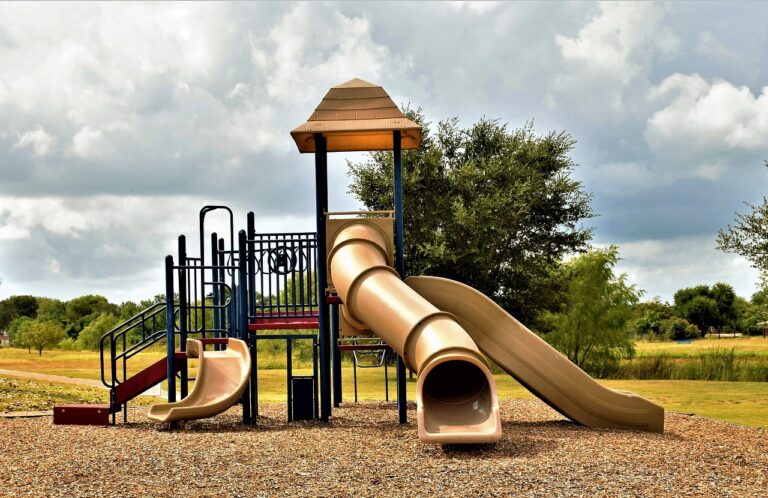The Role of Massage in Neurological Rehabilitation: Supporting Recovery and Function
skyexch, world777, goldsbet login: Massage therapy has long been recognized for its numerous health benefits, including stress relief, pain management, and overall relaxation. However, many people are unaware of the significant role that massage can play in neurological rehabilitation, specifically in supporting recovery and function for individuals with neurological conditions such as stroke, traumatic brain injury, multiple sclerosis, and Parkinson’s disease.
Massage therapy can be a powerful tool in the rehabilitation process for individuals with neurological conditions. It can help improve circulation, relieve muscle stiffness and spasms, reduce pain, and improve range of motion. Additionally, massage can promote relaxation, which can be especially beneficial for individuals dealing with the stress and anxiety that often accompany neurological conditions.
One of the key benefits of massage therapy in neurological rehabilitation is its ability to improve proprioception, or the body’s awareness of its own position in space. This can be particularly helpful for individuals with conditions that affect balance and coordination, such as stroke or Parkinson’s disease. By enhancing proprioception, massage can help individuals improve their posture, coordination, and overall movement patterns.
Another important role that massage therapy can play in neurological rehabilitation is in facilitating neuroplasticity, or the brain’s ability to reorganize and adapt in response to injury or disease. By stimulating sensory receptors in the skin and muscles, massage can help promote neural connections and pathways that may have been disrupted by a neurological condition. This can ultimately support recovery and improve function for individuals with neurological conditions.
In addition to these physical benefits, massage therapy can also have a positive impact on mental health and well-being for individuals undergoing neurological rehabilitation. Many people with neurological conditions experience symptoms such as anxiety, depression, and fatigue, which can significantly impact their quality of life. Massage therapy can help alleviate these symptoms by promoting relaxation, reducing stress, and improving overall emotional well-being.
Overall, massage therapy can be a valuable adjunct to traditional rehabilitation approaches for individuals with neurological conditions. By addressing both physical and emotional aspects of recovery, massage can support individuals in achieving their rehabilitation goals and improving their overall quality of life.
FAQs:
Q: Is massage therapy safe for individuals with neurological conditions?
A: Yes, massage therapy is generally safe for individuals with neurological conditions, but it is important to consult with a healthcare provider or a qualified massage therapist before beginning treatment.
Q: How often should individuals with neurological conditions receive massage therapy?
A: The frequency of massage therapy sessions will vary depending on the individual’s specific condition and goals for rehabilitation. It is best to work with a healthcare provider or a qualified massage therapist to determine the most appropriate treatment plan.
Q: Can massage therapy replace traditional rehabilitation approaches for neurological conditions?
A: While massage therapy can be a valuable complement to traditional rehabilitation approaches, it is not meant to replace them. It is important for individuals with neurological conditions to work with a multidisciplinary team that may include physical therapists, occupational therapists, and other healthcare professionals to optimize their rehabilitation outcomes.







